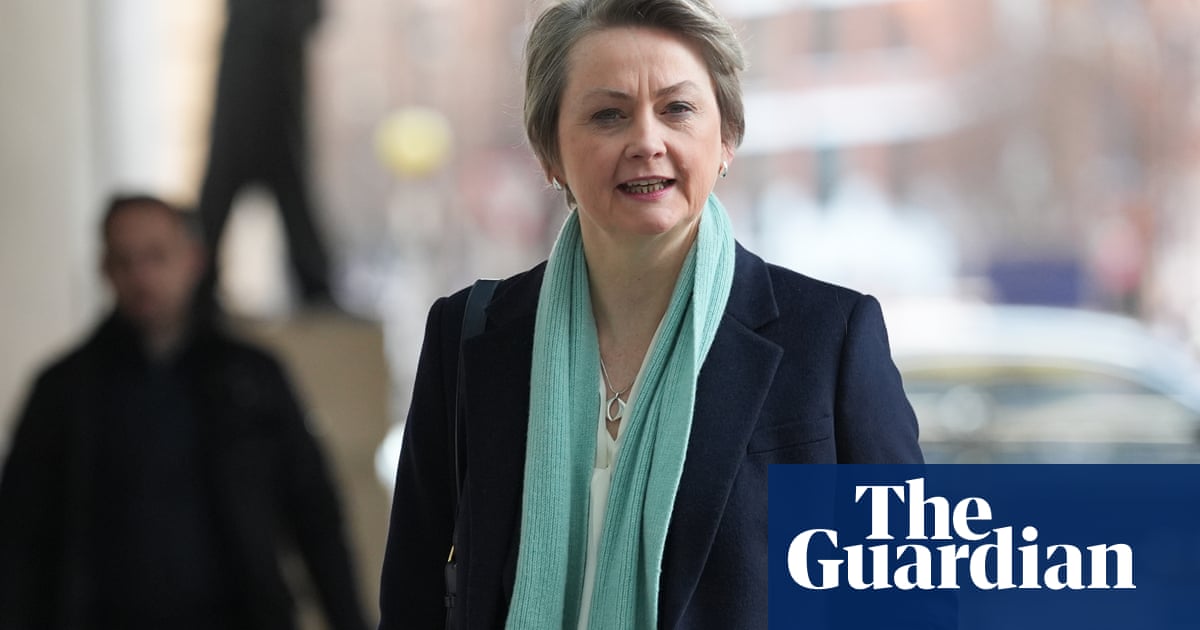Elderly savers take the possibility of being captured out by a stealth tax obligation raid which will definitely drag far more proper into paying income tax obligation on their lot of cash.
The Government’s reported methods to ice up income tax obligation limits mixed with excessive charges of curiosity implies much more savers will definitely start paying levies on the interest they accrue from savings.
Analysis by Coventry Building Society approximates savers will definitely pay higher than ₤ 10bn in income tax obligation within the 2024-25 tax obligation 12 months– the best as a result of the 2008 financial dilemma. But professionals declare senior savers are most certainly to beginning the burden of the issue on account of the truth that they generally tend to have truly generated bigger monetary financial savings pots.
The particular person monetary financial savings allocation (PSA) permits basic-rate taxpayers achieve as a lot as ₤ 1,000 in price of curiosity on their monetary financial savings tax-free. Higher- value taxpayers can achieve ₤ 500 whereas added value taxpayers don’t acquire an allocation.
But savers are considerably breaching these allocations on account of frozen thresholds up till 2028. Chancellor Rachel Reeves is anticipated to extend this up till 2030 in following week’s Budget.
The share of tax obligation produced for the Treasury with price of curiosity on monetary financial savings has truly historically been diminished, at merely below 1.5 pc usually over the past years and a fifty %, nevertheless it has presently higher than elevated.
Just a lot lower than 3.5 pc of all income tax obligation invoices presently originate from savers, although financial coordinators claimed fact quantity was seemingly higher.
Savings professionals are advising savers to think about positioning their money in a tax-free Isa to remain away from being captured out.
Sarah Coles, of spending system Hargreaves Lansdown, claimed: “When we’re retired, we should have enough cash in the bank to cover one to three years’ worth of essential expenses. If this cash isn’t in Isas, then while savings rates are relatively strong, there’s a real risk these savings will attract tax on the interest.”
“In some circumstances, when you’ve paid the tax, your financial savings will not be retaining tempo with inflation, so there’s a threat revenue tax helps erode the spending energy of your cash.
“It’s worth putting as much of this money into cash Isas as you can, in order to protect it from income tax.”
A substantial share of older grownups preserve constantly. Those aged 80 and over scale back typical ₤ 5,870 every year, based on the Intergenerational Longevity Centre.
Gary Smith, of Evelyn Partners, claimed: “This tax year people will really start to feel the benefit of the high interest rates because about 12 months ago was the peak of when you could get six percent [interest] so this year the receipts will be much higher,” he included.
He suggested that older savers use their ₤ 20,000 tax-free Isa allocation and guarantee that, in between companions, monetary financial savings are saved within the title of whoever has essentially the most inexpensive tax obligation obligation, along with spending gilts to achieve from tax-free assets features.



